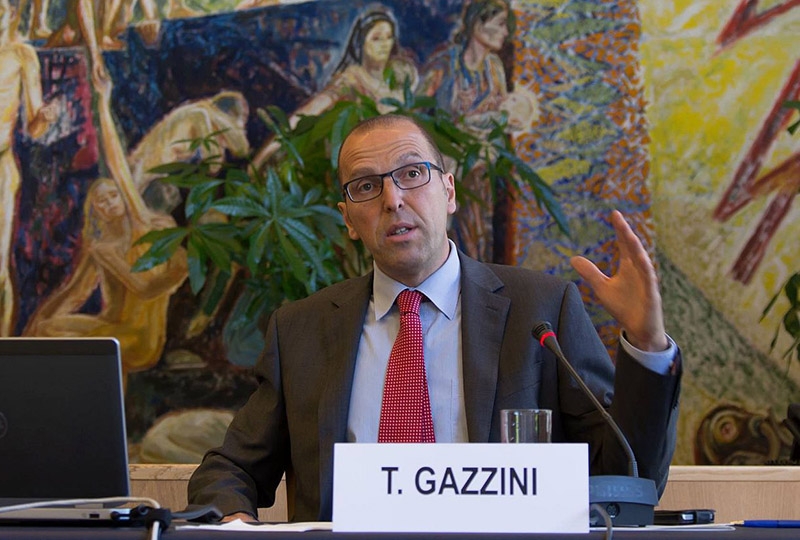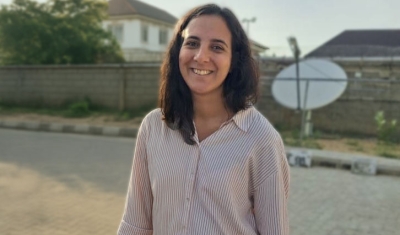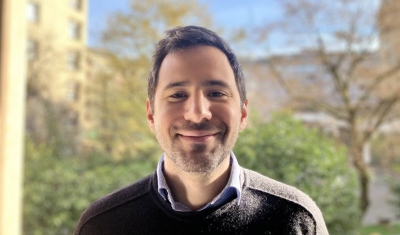31 March 2025
Tarcisio Gazzini, faculty in our online Executive Master of Advanced Studies in International Law in Armed Conflict, tells about his experience teaching in the programme.
What is your background, and what is your role in the programme?
I have taught at the Universities of Padova, Glasgow, VU Amsterdam and East Anglia. My publications include The Changing Rules on the Use of Force in International Law (Manchester University Press, 2006). I also have some experience with international organizations (UN Human Rights Committee, UNITAR, OSCE) and in consultancy. For several years, I have been an editor of the Leiden Journal of International Law, and I founded the book series on International Investment Law as well as Journal du droit transnational.
At the Geneva Academy, I teach a module on the rules governing the use of military force within the Executive Master of Advanced Studies in International Law.
What do you find most rewarding about teaching in this programme?
Teaching young professionals (including diplomats, international civil servants and researchers) has always been a challenging and rewarding experience. Each participant brings his or her professional experience into the virtual classroom, shares his or her knowledge, offers valuable insights and contributes to a lively discussion on the key legal issues related to the use of force in international law.
In your view, how does the programme equip professionals to navigate the complexities of international law in armed conflict?
The programme is tailored for young professionals. It is participant-centred and structured around continuous and intense interaction between participants as well as between them and instructors. The focus is on primary sources and case studies. At the end of the programme, participants will be fully equipped to critically analyse any legal issues related to the use of force in international law and to tender proper legal advice to governments, international organizations or non-governmental organizations.
What are the most pressing challenges in the field of international humanitarian law today, and how do you think we can contribute to addressing them?
Unfortunately, today there is no shortage of conflicts. From the point of view of jus ad bellum, it is crucial to understand the legality of the use of force, the consequences of violations of the relevant rules, and the questions concerning the exercise of self-defence as well as the functioning of the collective security system. The legal framework has evolved significantly since the conclusion of the UN Charter, and in several areas, there is a worrying level of legal uncertainty.
More information about our Executive Master of Advanced Studies in International Law in Armed Conflict can be found here.





